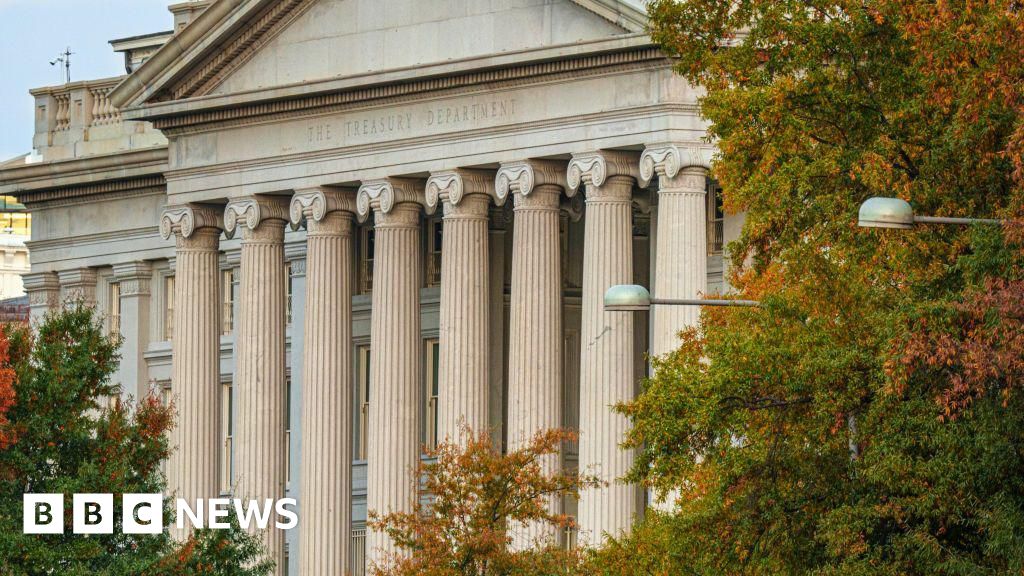Washington, D.C. Newsroom, Oct 1, 2024 / 17:45 pm
The Catholic bishops of Georgia have called a court’s ruling that a law protecting life beginning at six weeks is unconstitutional a “terrible step backwards” and have asked the faithful to respond through “prayer and action.”
The ruling, issued in the state Superior Court for Fulton County on Monday, blocks enforcement of the state’s pro-life law, which was enacted in 2022 following the overturning of Roe v. Wade. The law, titled the LIFE Act, prohibits abortion after an unborn baby’s heartbeat is detectable. The court’s ruling means that abortion is now legal in Georgia until 22 weeks of pregnancy.
In a statement shared with CNA on Tuesday, Georgia’s five bishops said that “yesterday’s ruling to overturn Georgia’s abortion ban represents a terrible step backwards in our never-ending efforts to recognize and respect the inherent dignity of every life.”
Lamenting the decision, the bishops asked: “How many tiny lives will be extinguished while lawyers appeal and lawmakers debate?”
What did the ruling say?
In the 26-page ruling, Judge Robert McBurney said the six-week law and any pre-viability abortion restriction is arbitrary and unconstitutional.
McBurney was originally appointed by former Republican Gov. Nathan Deal to fill a vacancy in the Fulton County Superior Court in 2012. He was reelected to the court in 2022.
He said the state could restrict abortion only after viability, which is typically measured at around 23 or 24 weeks. Restrictions before then, McBurney said, violate a pregnant woman’s right to liberty and privacy.
McBurney wrote that the definition of liberty includes “the power of a woman to control her own body, to decide what happens to it and in it, and to reject state interference with her health care choices.”
Though McBurney said the state may intervene with abortion after viability, he said that “an arbitrary six-week ban is inconsistent with these rights and the proper balance that a viability rule establishes between a woman’s rights of liberty and privacy and society’s interest in protecting and caring for unborn infants.”
“When a fetus growing inside a woman reaches viability, when society can assume care and responsibility for that separate life, then — and only then — may society intervene,” he said.
Georgia Attorney General Chris Carr appealed the decision to the state Supreme Court on Tuesday. Kara Murray, a spokesperson for the attorney general, told CNA, “we believe Georgia’s LIFE Act is fully constitutional.”
Meanwhile, Republican Gov. Brian Kemp’s office responded to the news: “Once again, the will of Georgians and their representatives has been overruled by the personal beliefs of one judge. Protecting the lives of the most vulnerable among us is one of our most sacred responsibilities,” his spokesperson said, according to The Hill.
The LIFE Act, which was passed in 2019, was blocked by McBurney that same year because it violated the precedent set by Roe v. Wade. After the overturn of Roe v. Wade, the Georgia Supreme Court overruled that decision and allowed the law to take effect in 2022.
LIFE Act takes center stage in election
As Election Day approaches, the LIFE Act has taken center stage in the national debate over restrictions on abortion.
(Story continues below)
Subscribe to our daily newsletter
The pro-life law has been the target of criticism from Democrats in recent weeks after the left-leaning news outlet ProPublica published several stories blaming the law for the deaths of two women, Amber Thurman, 28, and Candi Miller, 41. The two women died from infections caused by complications after taking abortion pills.
ProPublica reported that Georgia’s pro-life law caused medical providers to delay giving Thurman the care necessary to save her life. In Miller’s case, ProPublica said she opted not to visit a medical provider “due to the current legislation on pregnancies and abortions.”
Democratic presidential candidate Kamala Harris also blamed the law for the deaths of Thurman and Miller, saying in a televised town hall in Atlanta that former president Donald Trump and Republicans were causing a national maternal “health care crisis.”
Several doctors, experts, and lawmakers, however, have debunked the idea that the Georgia pro-life law was to blame by pointing out that the law explicitly allows exceptions for abortion in cases in which the mother’s life is in danger. This means that Miller and Thurman could have legally been given the care they needed promptly.
Georgia is one of the swing states that will be critical in deciding the outcome of this year’s presidential election. Harris has largely focused her pitch to Georgia voters on expanding abortion access in the state and across the country. Trump, meanwhile, has focused his rhetoric on other issues such as the economy and the border.
Bishops call for action
Following Monday’s ruling, the Georgia bishops, representing the Archdiocese of Atlanta and the Diocese of Savannah, said that “even as abortion laws are challenged and changed, we will not stand idle.”
“We remain committed to helping mothers and fathers facing crisis pregnancies as well as their precious babies. We will advocate for laws to protect those in the margins. We can foster a culture of life in our families and communities. We can demonstrate how sacred each life is in the eyes of God,” the bishops said.
In conclusion, the bishops asked the faithful and “all people of goodwill” to “take this to prayer and action.”
“Pray for mothers, fathers, and the unborn. Pray that our leaders will have a change of heart,” the bishops said.
This article was updated on Oct. 2, 2024.
 (1).png)
 3 months ago
17
3 months ago
17














